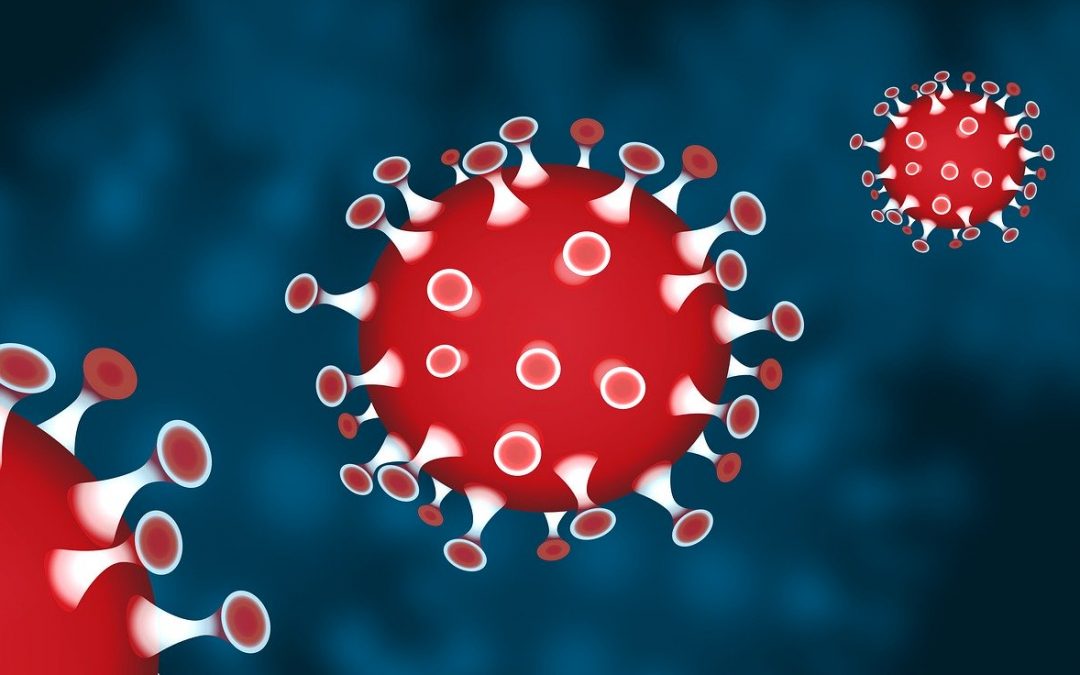Updated 3/6/2020
The coronavirus disease 2019 (COVID-19) outbreak is being discussed everywhere, and it’s really important not to forward sensational statistics and grow fears. We must remain calm, aware, and vigilant about the facts. To prevent spread of fears and inaccurate information, here are summarized facts collected from Houston Methodist hospital.
Exposure
COVID-19 spreads from person-person via close contact (about 6 ft) and respiratory drops (cough/sneeze).
For the greater Houston area, the risk of exposure is considered low; unless you’ve travelled to a high risk country or come into contact with someone who has a confirmed case of COVID-19. Current high risk countries include: China, Iran, Italy, Japan, and South Korea. Latest information via CDC’s
COVID-19 risk assessment by country. It is safe to receive packages from at-risk countries.
Symptoms
COVID-19 is an upper respiratory illness that causes fever, cough, and shortness of breath.
It can take 2-14 days for symptoms to appear. They can range from mild to severe. The elderly and medical challenged (including pulmonary disease) may be at higher risk of developing more serious illness. Remember about flu season and high pollen counts, so there are other common causes of respiratory issues.
Prevention Actions
There is no specific treatment or vaccine for COVID-19. Steps to reduce risk of infection with the virus are:
- Stay home if you are sick
- Wash your hands with soap and water regularly (30 seconds with soap)
- Cover your cough and sneezes (into elbow)
- Avoid touching your eyes, nose and mouth
- Avoid close contact with sick individuals
- Disinfect and clean commonly touched surfaces (virus may survive up to several days on surfaces); One of the EPA recommended cleaners includes Clorox Multi-Surface Cleaner which is in spray & wipes.
- Avoid nonessential travel to at-risk countries
Actions if Sick/Suspect COVID-19
Contact your doctor immediately by telephone or telemedicine. Be prepared to answer questions about recent travel history or contact with potentially infected individuals.
If you’re experiencing severe symptoms (listed below), call ahead to inform an emergency room staff of your suspicions and go to that emergency room.
- Severe shortness of breath
- Low blood pressure
- Elevated heart rate (above 100 bpm)
- Dehydration
- Profound weakness
- High fever
COVID-19 Diagnosis & Treatment Plans
Your doctor may collect samples/swabs of saliva, nasal, & throat; and notify appropriate departments.
There aren’t antivirals or antibiotics that can help. More serious cases will be treated in a hospital. Less serious ones will be released for home recovery in isolation. To help relieve symptoms, isolate yourself at home and ask friends/family/Amazon to pick up any over the counter medications:
- OTC: Pain relievers, fever reducers, cough medications
- Rest
- Hydration



